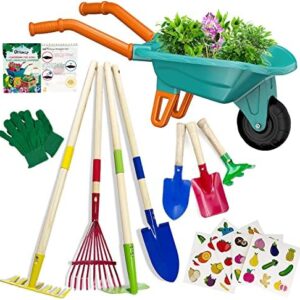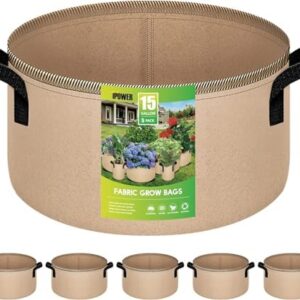Have you ever stopped to think about the important role that bees play in our everyday lives? These tiny creatures are responsible for pollinating a large majority of the fruits, vegetables, and flowers that we enjoy on a daily basis. In fact, one out of every three bites of food that we take is thanks to the hard work of bees.
Unfortunately, bee populations worldwide are in decline. There are several factors contributing to this decline, including habitat loss, pesticide use, climate change, and disease. However, there are small changes that we can make in our own lives to help save the bees and ensure their survival for generations to come.
One of the most impactful ways that we can help bees is by creating bee-friendly gardens. By planting a diverse array of flowers, herbs, and shrubs, we can provide bees with the nectar and pollen that they need to thrive. Not only will this benefit bees, but it will also beautify our outdoor spaces and create a more sustainable environment for all of us.
When planning a bee-friendly garden, it’s important to choose a variety of plants that bloom at different times throughout the year. This will ensure that bees have access to food sources year-round. Some great options to consider include lavender, sunflowers, coneflowers, and bee balm. You can also include herbs like mint, thyme, and sage, which bees love to visit.
It’s also important to avoid using pesticides and herbicides in your garden, as these chemicals can harm bees and other beneficial insects. Instead, opt for natural pest control methods, such as companion planting and hand-picking pests. Additionally, avoid plants that have been treated with neonicotinoids, a type of pesticide that is particularly harmful to bees.
Another way to help bees in your garden is by providing them with nesting habitats. Many bee species are solitary and nest in holes in the ground or in hollow stems. By creating a bee hotel or leaving bare patches of soil in your garden, you can provide bees with the nesting sites that they need to lay their eggs and raise their young.
In addition to planting flowers and providing nesting habitats, you can also help bees by supporting local beekeepers and purchasing organic, locally-sourced honey. By doing so, you are not only supporting the beekeeping industry but also helping to ensure the health and vitality of bee populations in your area.
By making these small changes in your garden, you can have a big impact on bee populations and help to save these important pollinators. Not only will you be helping bees, but you will also be creating a more sustainable and environmentally-friendly outdoor space for yourself and your community to enjoy.
So, the next time you’re planning your garden, consider incorporating bee-friendly plants and habitats into your design. By doing so, you’ll be taking a small step towards a more bee-friendly world and making a big impact on the future of these essential pollinators. Let’s all do our part to save the bees and ensure a bright and buzzing future for generations to come!






